Read the latest articles of Journal of Experimental Social Psychology at ScienceDirect.com, Elsevier’s leading platform of peer-reviewed scholarly literature
An experiment is a procedure carried out to support, refute, or validate a hypothesis.Experiments provide insight into cause-and-effect by demonstrating what outcome occurs when a particular factor is manipulated.
Title: Experimental Design Author: Andrew L. McDonough Last modified by: Andrew L. McDonough Created Date: 2/13/1998 10:02:56 AM Document presentation format
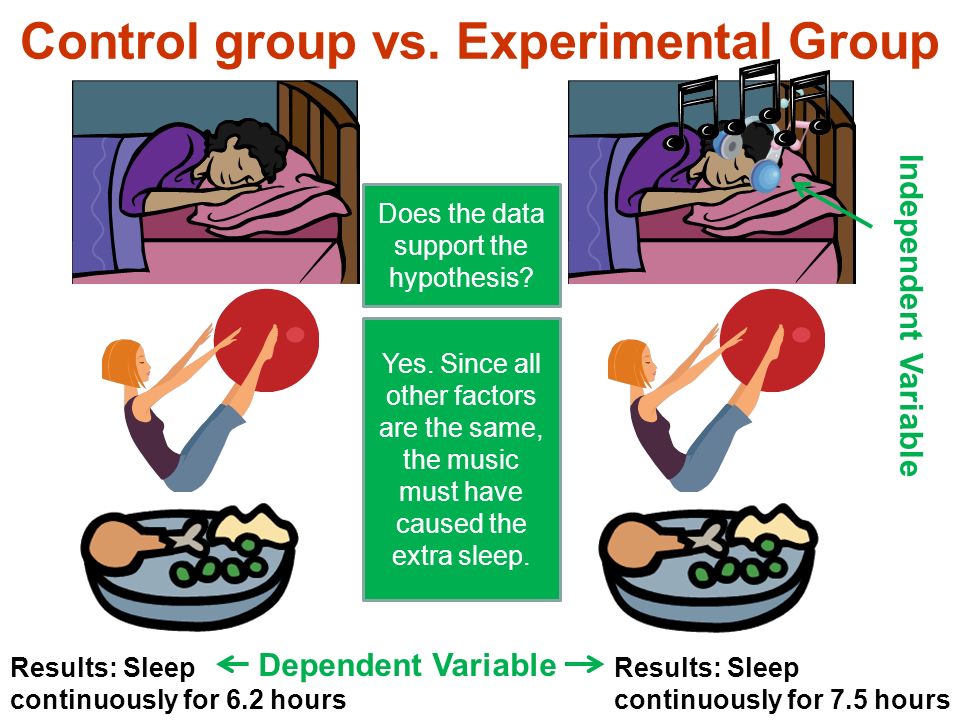
A deeper understanding of the background and theoretical framework underpinning each specific approach is beyond the scope of this review and can be obtained elsewhere.
The control group (sometimes called a comparison group) is used in an experiment as a way to ensure that your experiment actually works.It’s a way to make sure that the treatment you are giving is causing the experimental results, …
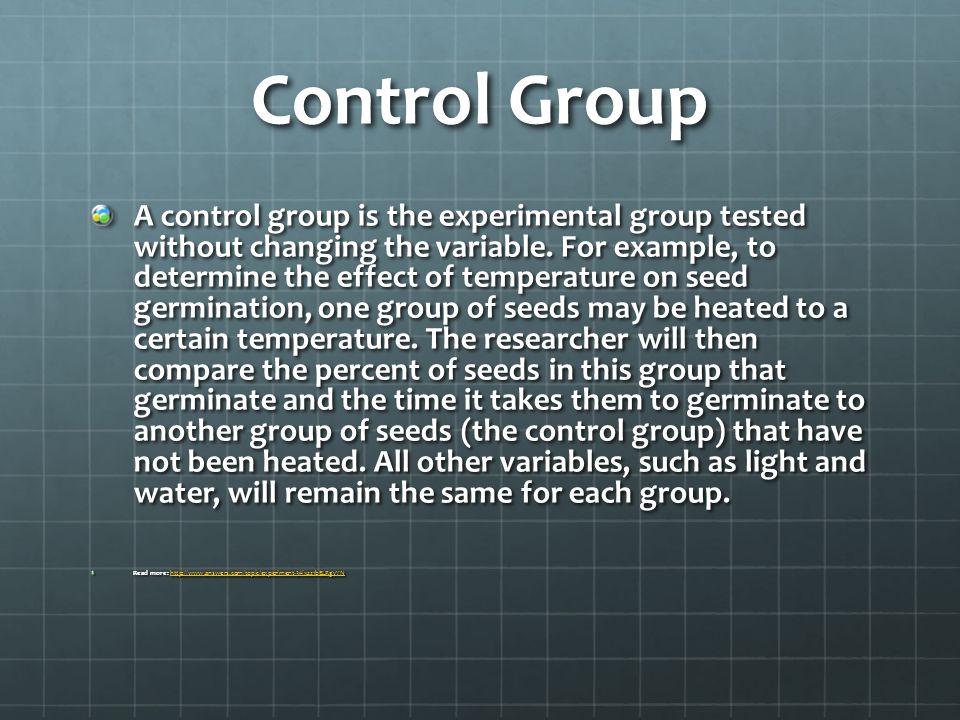
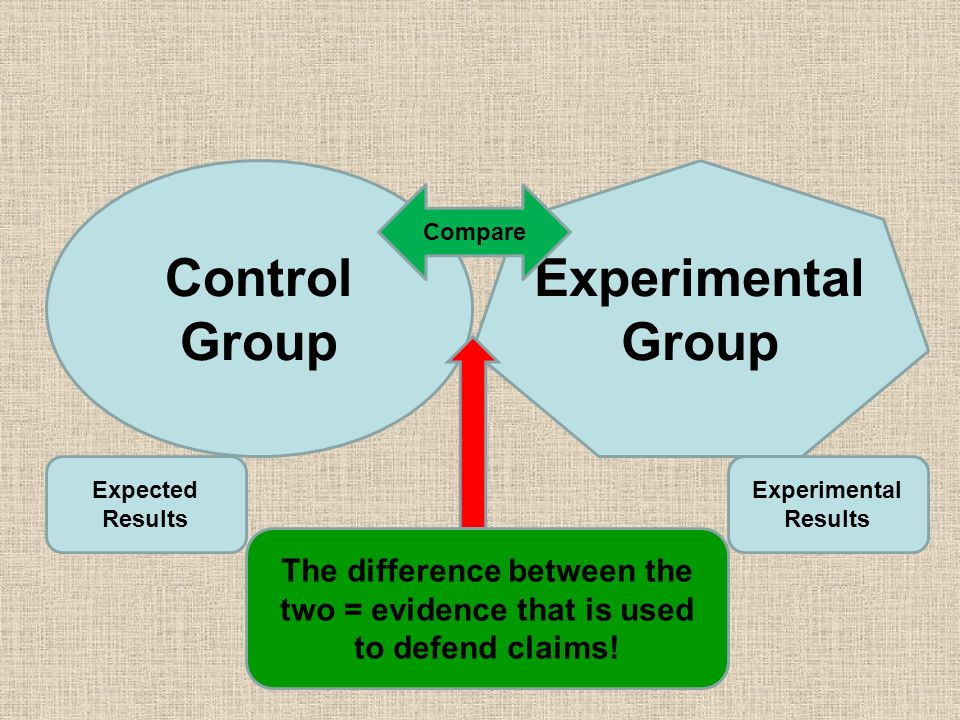
A control group in a scientific experiment is a group separated from the rest of the experiment, where the independent variable being tested cannot influence the results. . This isolates the independent variable’s effects on the experiment and can help rule out alternative explanations of the experimental res
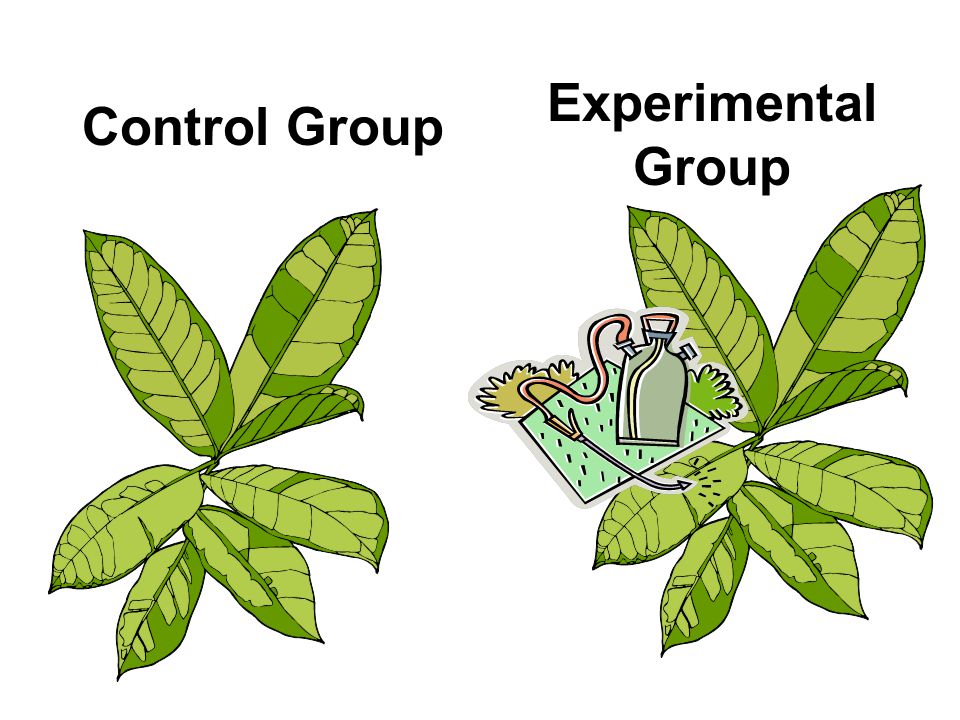
The simplest of all experimental designs is the two-group posttest-only randomized experiment. In design notation, it has two lines — one for each group — with an R at the beginning of each line to indicate that the groups were randomly assigned.


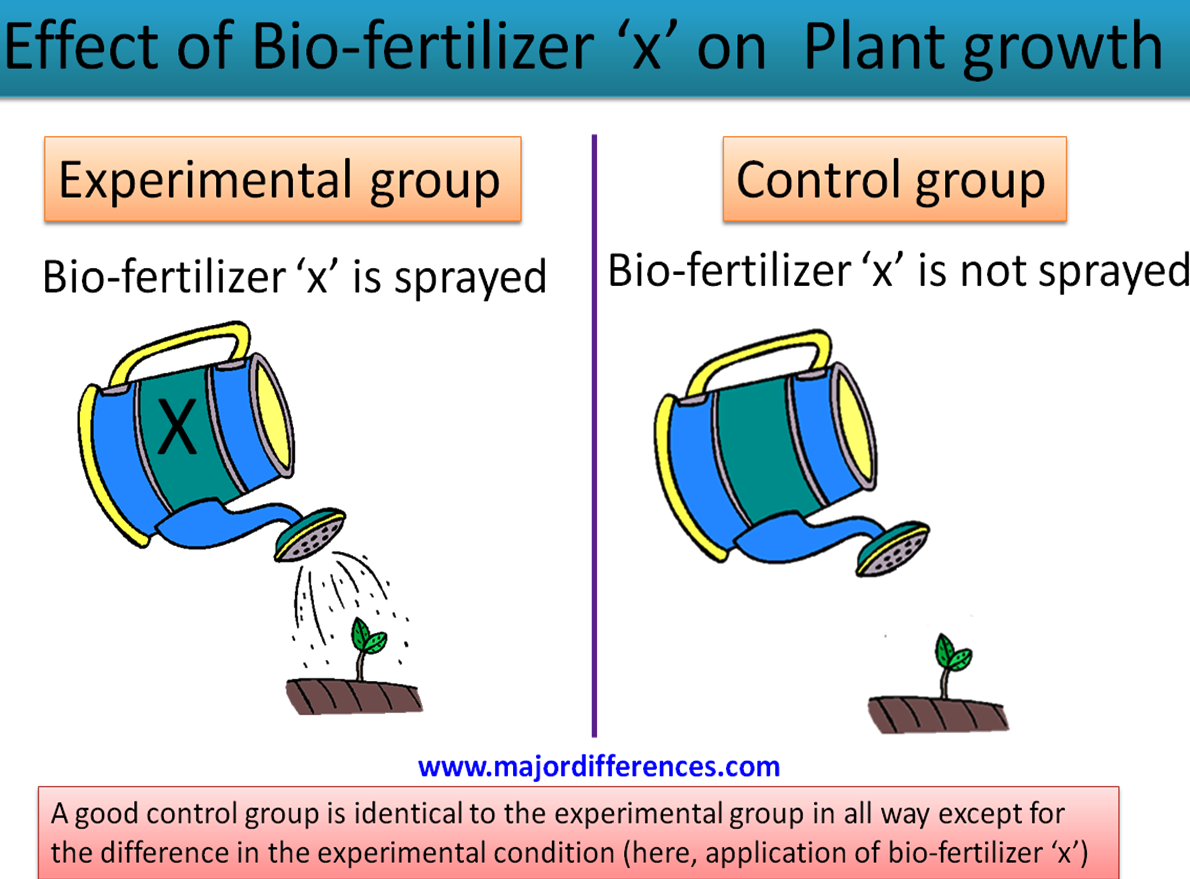

A control group study uses a control group to compare to an experimental group in a test of a causal hypothesis. The control and experimental groups must be identical in all relevant ways except for the introduction of a suspected causal agent into the experimental group. If the suspected causal

What is an Experimental Group? Statistics explained simply. An experimental group (sometimes called a treatment group ) is a group that receives
